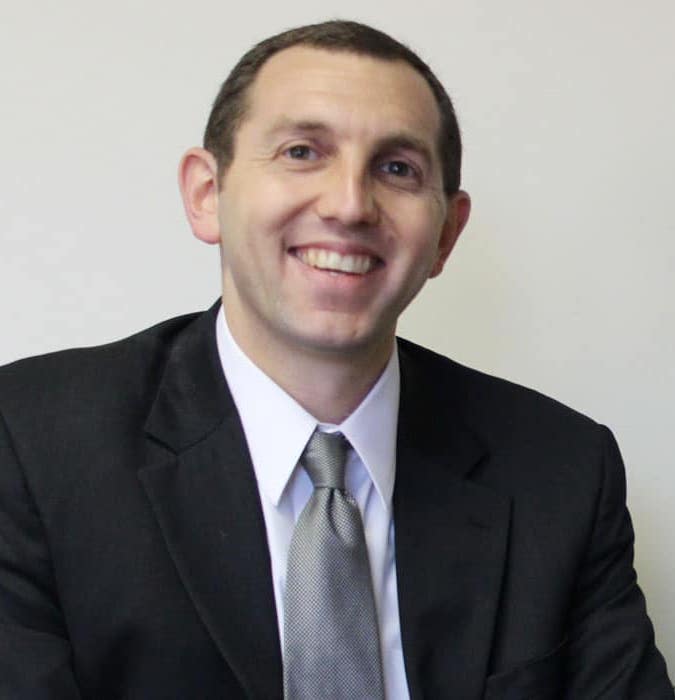What to Do if Your Child is Arrested in Florida
Finding out that your child has been arrested is upsetting. Undoubtedly, you’ll have a complicated mix of emotions, ranging from confusion to concern for your child to anger at whatever circumstances led to the arrest. But, it’s never been more important to keep a cool head. What you do next could have a lasting impact on your child and your whole family.
Immediately after a Juvenile Arrest
If you are advised that your child has been arrested, the very first thing you’ll want to do is find out where your child is being detained and then seek the assistance of a juvenile defense lawyer. Now there are many reasons why trying to secure such an attorney as soon as possible is advisable, but perhaps the most important is that in Florida members of law enforcement can question a juvenile without their parent’s consent or presence. However, if a Defense attorney arrives the members of law enforcement must pause their interrogation and give the defense attorney time to consult with the child. Such consultation time allows the defense attorney to educate their juvenile client that they have a right to remain silent and about other pitfalls that may lay ahead.
Ideally, every parent will preliminarily discuss with their child what to do if confronted by law enforcement or if arrested, because no one ever plans to be arrested. Let’s face it, sometimes, kids keep secrets, and other times they simply make bad decisions. And, other times kids are wrongfully arrested. As such, every adolescent and teen should be prepared to be polite, compliant, and firm in their refusal to answer questions.
When a juvenile is arrested, they are taken to a Juvenile Assessment Center to be fingerprinted, booked, and assessed. The assessment is to determine whether the child should be released into your custody or should be transferred to a juvenile detention center. If your child is detained, they have a right to a hearing within 24 hours. So, if you learn that your child is being transferred to a juvenile detention center and you haven’t done so already, you’ll want to contact a juvenile criminal defense lawyer immediately.
If Your Child is Released Into Your Custody
The first conversation after picking your child up from custody will likely be tense, but you should make every effort not to let it deteriorate into an argument. Your child is in jeopardy, and no matter how frustrated you are by the situation, it is critical that you put your child’s best interest ahead of your emotions. Remind your child how much you care about them and that you are there to help even if there will be consequences.
It is also important to understand that in Florida there is no parental child privilege. So as much as you may want to know what actually happened or to get your child’s side of the story, don’t ask for this information. Likewise, advise your child that as much as they may want to tell you the details it is best to save those for their attorney. Failure to do so could result in a parent being compelled to serve as a witness against their child. So be sure to proceed with caution when it comes to any discussion of the pending allegations. That said, it is also important to explain to your child just how critical it is that they be open and honest with their attorney.
For the short term, advise your child to:
- Avoid talking to friends or posting on social media about the arrest or the events that led up to it
- Be careful not to get into any further trouble, including trouble at school, while the charges are pending
- Minimize contact with anyone else who was involved in the incident that led to their arrest, and avoid discussing what happened or their plans for handling the charges
Then if you haven’t done so already set up a meeting with a juvenile defense attorney who can advise your child and help them address the pending allegations.
Depending on how the case is resolved, juvenile proceedings may go on for several months. During that time, it is important that your child remains on good behavior. Additional offenses during that time could have a serious impact on the outcome of the case, and could even result in your child being detained.
Note that some juveniles who are sent home with their parents are placed on house arrest. If your child is on house arrest, it is critical that they comply with the restrictions. Like a child who has been transferred to a juvenile detention center, a child placed on house arrest after an arrest is entitled to a hearing within 24 hours. Your child’s juvenile lawyer will need to gather information from you and your child to prepare to argue for your child’s release into your custody.
Know What to Expect in a Juvenile Proceeding
At the same time your child is being assessed and either released to you or transferred to a juvenile detention center, wheels are turning behind the scenes. This begins with charges being sent to the State’s Attorney’s Office.
Quick Intervention Can Help
Sometimes, the State’s Attorney will decide not to file charges. If you have a juvenile criminal defense lawyer on board as soon as your child is arrested, the attorney can work with the prosecutor to attempt to reach a resolution that doesn’t include filing charges, or that will be resolved without an adjudication of delinquency if you and your child fulfill certain requirements.
Obviously, avoiding charges is the most desirable outcome. But, if charges have already been filed, your juvenile criminal defense attorney will still have an opportunity to negotiate with the prosecutor for resolutions such as a diversion agreement or probation. Of course, how likely it is that the prosecutor will go along depends on factors such as the seriousness of the charge, your child’s prior juvenile record and other personal history, and the strength of the evidence against your child.
If your juvenile lawyer is unable to reach an acceptable resolution, they can take the case to trial. In the juvenile system, this is technically called an adjudicatory hearing and not a trial, but it is very similar to an adult criminal trial. The juvenile has most of the same Constitutional rights as an adult, and your attorney will have the opportunity to call witnesses, introduce evidence, and cross-examine the prosecution’s witnesses. Your child cannot be compelled to testify. The one significant difference is that a juvenile is not entitled to a jury–the case will be decided by the judge.
Understand Your Role as a Parent
The court has significant authority over parents in juvenile delinquency proceedings. As a parent, you may be surprised to learn the extent of the responsibilities the court may impose on you, including financial responsibility for harm caused by your child and the obligation to participate in community service, counseling, and other aspects of the rehabilitative process.
Talk to a Juvenile Criminal Defense Lawyer Right Away
Often, the best opportunity for your juvenile defense lawyer to make a difference is right away, before your child makes any statement or answers questions, before the court decides whether your child should continue to be detained, before the prosecution files charges, and—in serious cases—before the prosecutor decides whether to attempt to try your child as an adult.
Make attorney Matthew Lufrano your first call when you find out your child has been arrested. His years of experience in Florida criminal courts and juvenile hearings have shown him the importance of a juvenile and their family having a knowledgeable guide from the beginning. Schedule your free consultation right now by calling 904-513-3905 or filling out the contact form on this site.

Since graduating from law school and passing the Bar Exam in 2009, Matthew Lufrano has practiced exclusively as a criminal defense attorney and his sole focus has been defending the rights of the accused. As a defense attorney, Mr. Lufrano has tried 75 jury trials to verdict and in 2017 the Florida Bar recognized Mr. Lufrano as a Board Certified Expert in Criminal Trial Law. Today Mr. Lufrano not only owns and operates Lufrano Legal, P.A., but he also serves as the President for Jacksonville’s local chapter of the Florida Association of Criminal Defense Lawyers.
